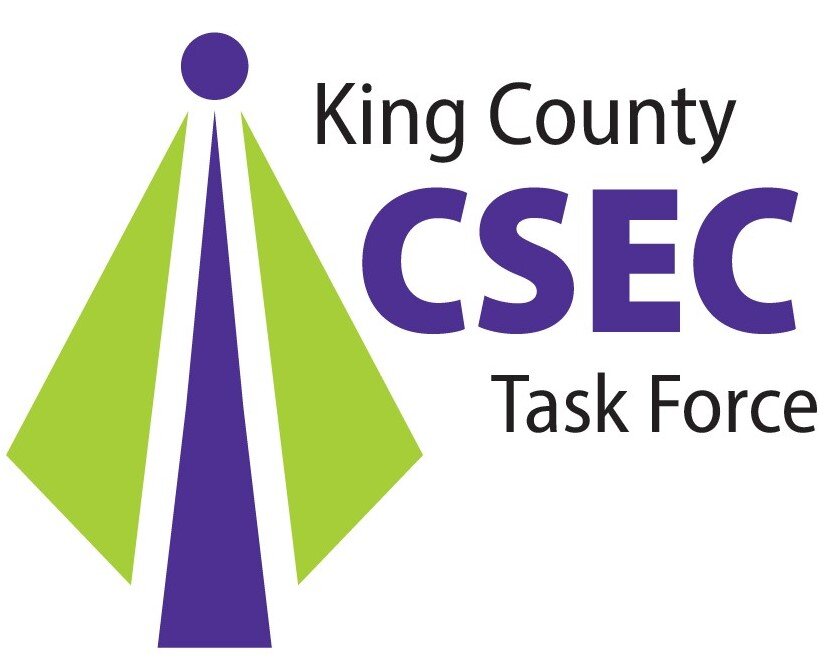This training is brought to you by King County Superior Court.
New dates in 2025 to be announced in the new year.
This workshop will increase our ability to remain trauma-informed and survivor-centered at both the macro- and micro-levels within our work and movement. We will focus on creating sustainable processes from an organizational perspective that promote a trauma-informed work environment where both survivors and allies can thrive.
We will discuss how to create an organizational and program culture that utilizes restorative/transformative principles and practices to center and support people who have lived experiences of exploitation, trauma, and violence. We will explore various tools that increase trust, autonomy, accountability, and our ability to navigate through conflict, all while focusing on the ultimate goal of increasing survivor’s social capital and dismantling oppressive dominant paradigms and systemic cycles of perpetuating harm upon those we serve, ourselves, and the communities around us.
Upon completion of this training, participants will:
Have a deeper understanding of the societal factors that contribute to Commercial Sexual Exploitation (CSE), and the resulting trauma that impacts the lives of people who experience this form of violence.
Be able to analyze and assess behaviors for neurological, psychological, and sociological adaptations stemming directly from instances of trauma and survival.
Recognize the various types of trauma and violence (personal, vicarious, organizational, structural, etc.) that impact our ability to effectively meet the needs of the people and communities we serve.
Understand ways in which we as service providers and organizations can break down and replace the dominant paradigms that perpetuate harm and increase barriers for survivors and allies alike.
Identify at least three key ways we can adjust organizational and program culture to respond more effectively to individuals who have experienced violence and trauma, and employ multiple restorative practices that increase positive personal, programmatic, and organizational behavior/outcomes.

